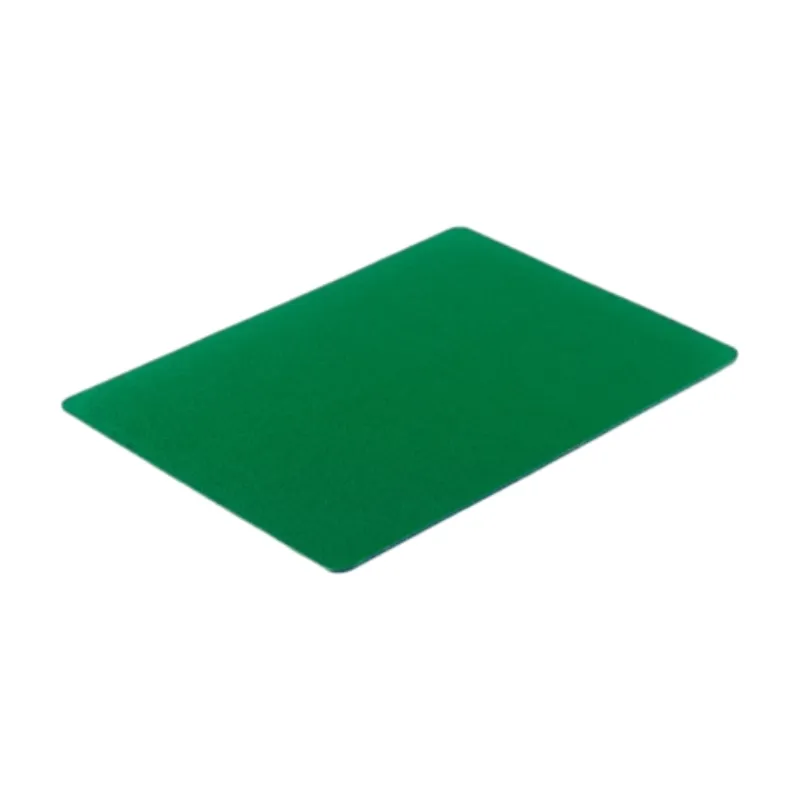Choosing Durable Anti-Slip Flooring for Your Commercial Kitchen Safety and Efficiency
The Importance of Anti-Slip Commercial Kitchen Flooring
In the bustling environment of commercial kitchens, safety should always be a top priority. One of the most significant factors contributing to safety in these high-stakes areas is the choice of flooring. With the constant movement of staff, heavy equipment, and interactions with water and food substances, the risk of slips and falls is prevalent. This is where anti-slip commercial kitchen flooring becomes indispensable.
Understanding the Risks
Commercial kitchens are often filled with fast-paced activities. Cooks rush to prepare meals, waitstaff hurry to deliver dishes, and cleaning crews work diligently to maintain hygiene standards. In such an environment, spills are inevitable, whether from grease, water, or food products. The U.S. Occupational Safety and Health Administration (OSHA) cites slips, trips, and falls as one of the leading causes of workplace injuries, particularly in kitchen settings. These incidents not only pose risks to employees’ safety but can also lead to significant liabilities for business owners. Thus, investing in the right flooring solution can make a notable difference in mitigating these risks.
Benefits of Anti-Slip Flooring
Anti-slip flooring is specifically designed to provide superior traction under various conditions, effectively reducing the likelihood of slips and falls. Here are several benefits of incorporating anti-slip flooring in commercial kitchens
1. Enhanced Safety The primary advantage of anti-slip flooring is the improved safety it offers. High-traction surfaces are engineered to resist slipping, even when wet. This feature is crucial in commercial kitchens where spills are expected.
2. Durability Commercial kitchen flooring must withstand heavy foot traffic, dropped equipment, and harsh cleaning chemicals. Anti-slip options often provide additional durability, ensuring a long lifespan that can endure the rigors of daily kitchen operations.
3. Easy Maintenance Many modern anti-slip flooring solutions are easy to clean and maintain. Non-porous surfaces prevent the absorption of spills, leading to more efficient cleaning routines and a hygienic kitchen environment.
4. Compliance with Standards Many local and national safety regulations necessitate measures to minimize slip hazards in commercial settings. Selecting an anti-slip flooring option can help businesses comply with these regulations, thereby reducing the risk of fines or legal action.
5. Aesthetic Appeal Safety does not have to compromise style. Anti-slip flooring comes in various colors, patterns, and finishes, allowing kitchens to maintain a professional and appealing ambiance without sacrificing safety.
anti slip commercial kitchen flooring

Material Considerations
When selecting anti-slip flooring, businesses should consider the various materials available. Some popular options include
- Vinyl Flooring Vinyl offers a comfortable surface to walk on and can be treated with anti-slip additives. It’s also available in countless designs, making it easy to fit any kitchen aesthetic.
- Tile Porcelain or ceramic tiles with a textured finish can provide excellent slip resistance. While they are durable and easy to clean, care must be taken to ensure that they are installed correctly to prevent cracking.
- Rubber Flooring Known for its superior slip resistance, rubber flooring is also comfortable to stand on for extended periods. It is highly durable and can effectively absorb impact, making it ideal for busy kitchen environments.
- Epoxy Flooring Epoxy coatings can be applied over existing concrete floors to create a seamless, anti-slip surface. This solution is robust, chemical-resistant, and easy to sanitize.
Implementation and Maintenance
Installing anti-slip flooring in a commercial kitchen requires careful planning and consideration. It’s essential to engage with professional installers who specialize in commercial settings to ensure optimal results. After installation, ongoing maintenance is vital. Regular cleaning, inspections for wear and tear, and prompt repairs of any damaged areas will help maintain the flooring’s safety features.
Conclusion
In conclusion, anti-slip flooring is a crucial component of safety in commercial kitchens. By investing in appropriate flooring, kitchen owners can significantly reduce the risk of accidents, enhance the overall safety of their environment, and ensure compliance with relevant regulations. Safety should never be compromised, and with the right anti-slip flooring, kitchens can operate efficiently while safeguarding their staff and customers. As culinary spaces continue to evolve, prioritizing safety through innovative flooring solutions will remain a fundamental aspect of their design and operation.
-
Commercial Parquet Flooring: Considerations of Aesthetics, Practicality, And SustainabilityNewsApr.15,2025
-
PVC Sports Flooring: Performance, Applications, And Development TrendsNewsApr.15,2025
-
PP Interlocking Floor: a Paving Solution That Combines Functionality and SustainabilityNewsApr.15,2025
-
Plastic Flooring Tiles Outdoor: Practicality, Sustainability, And Development ProspectsNewsApr.15,2025
-
On the Application of PVC Flooring for Badminton Court in Badminton VenuesNewsApr.15,2025
-
Commercial Wood Flooring: the Balance Between Aesthetics, Functionality, And SustainabilityNewsApr.15,2025
-
The Ultimate Guide to Futsal FlooringNewsMar.27,2025

